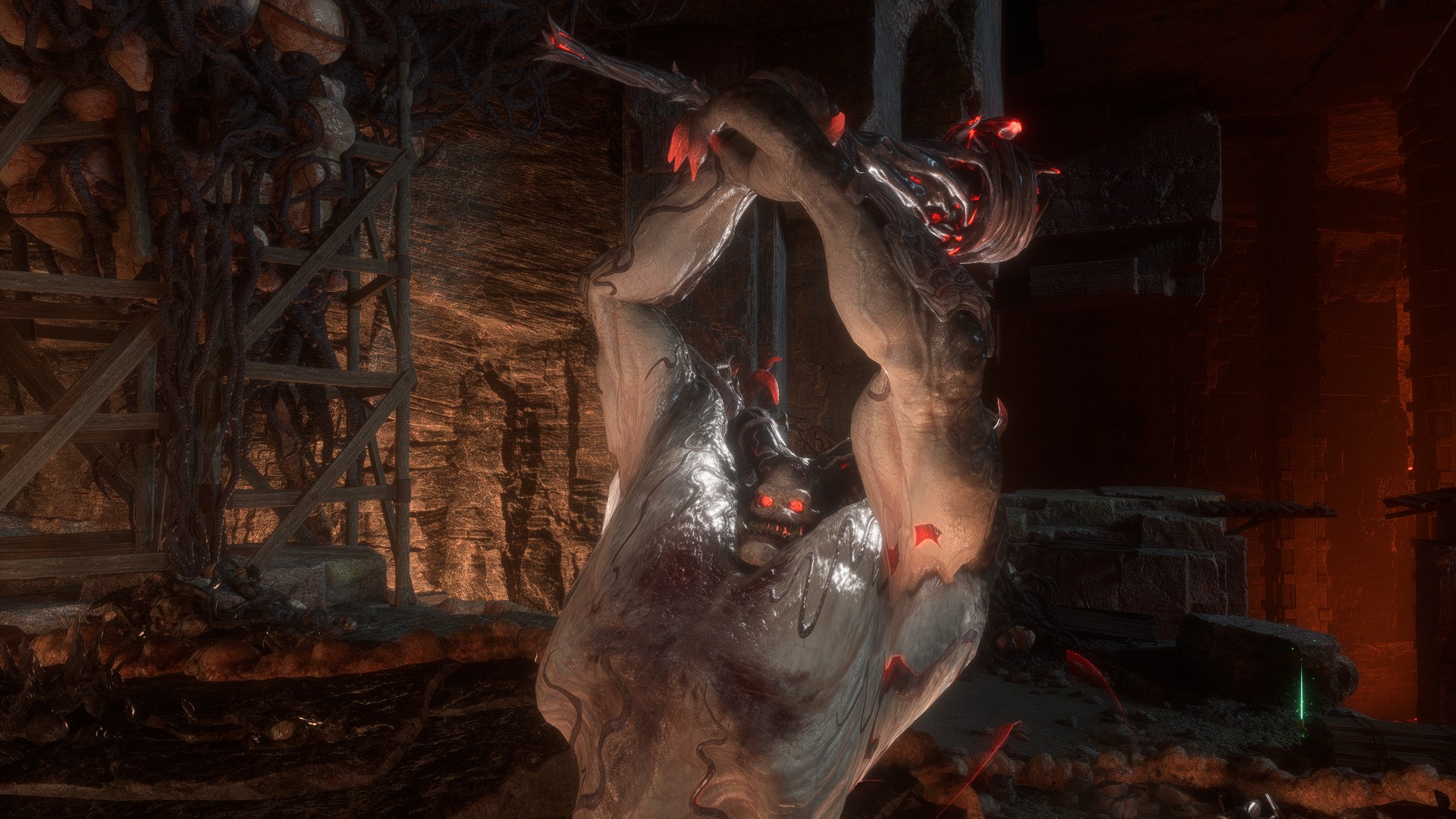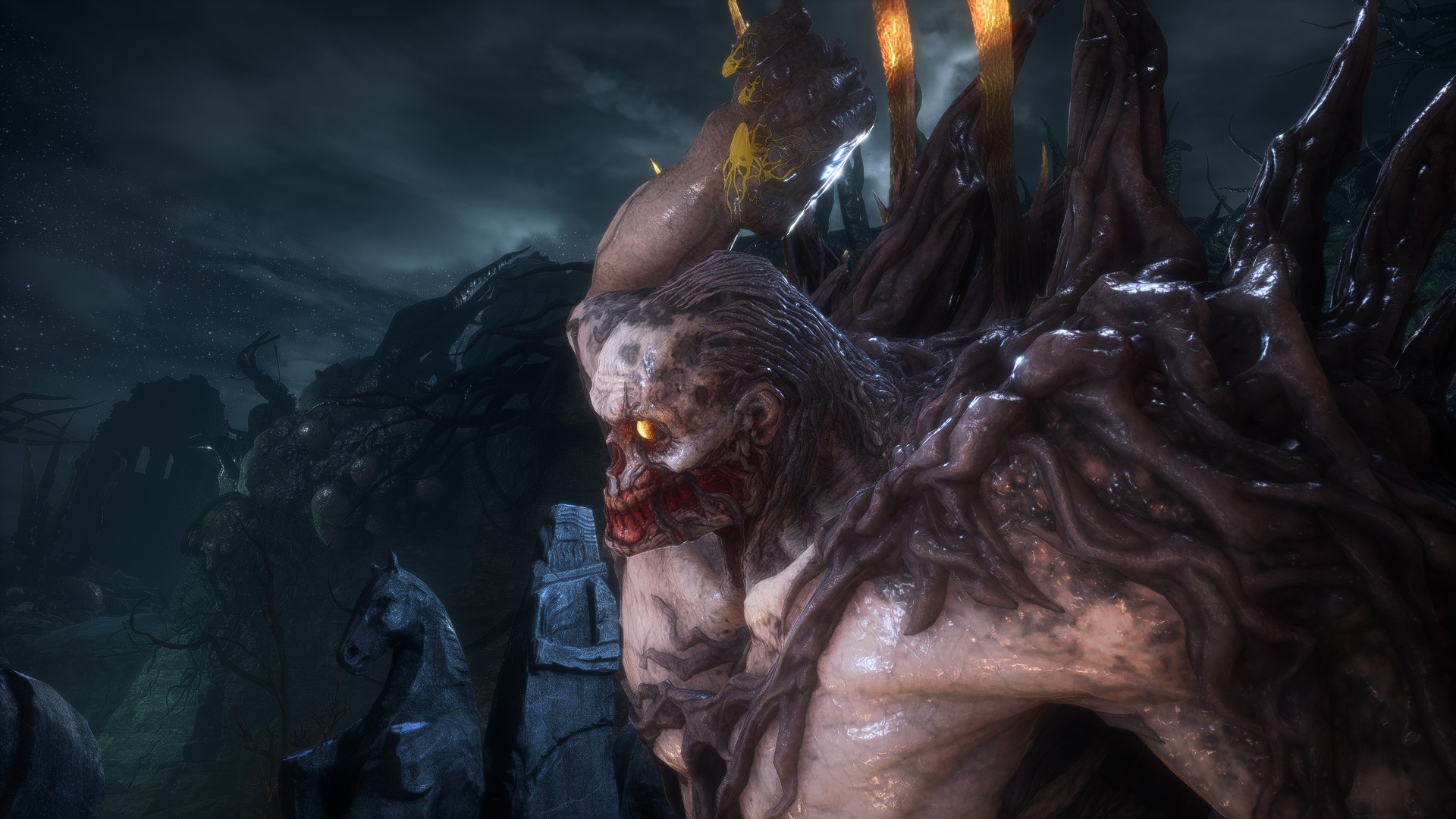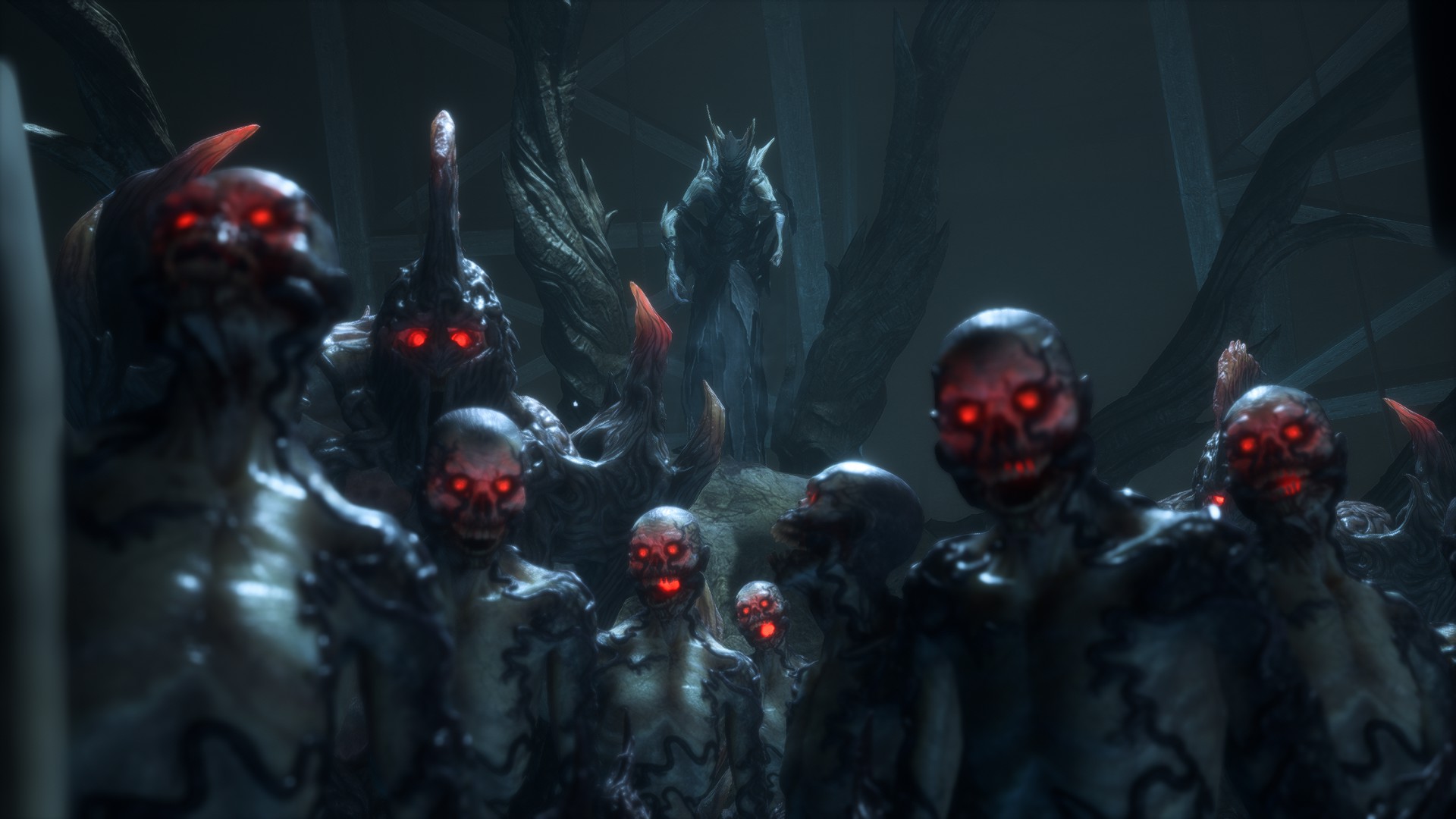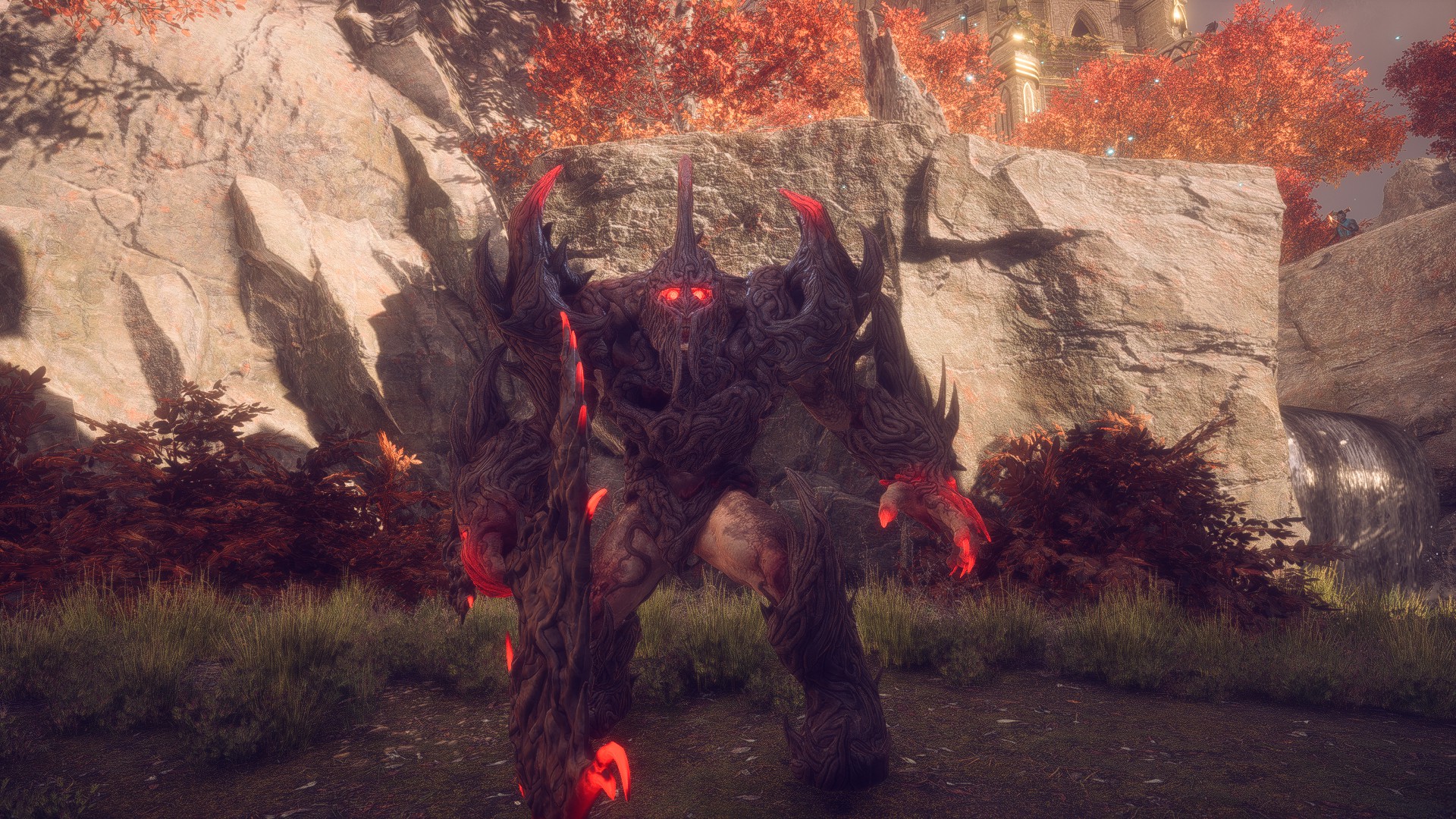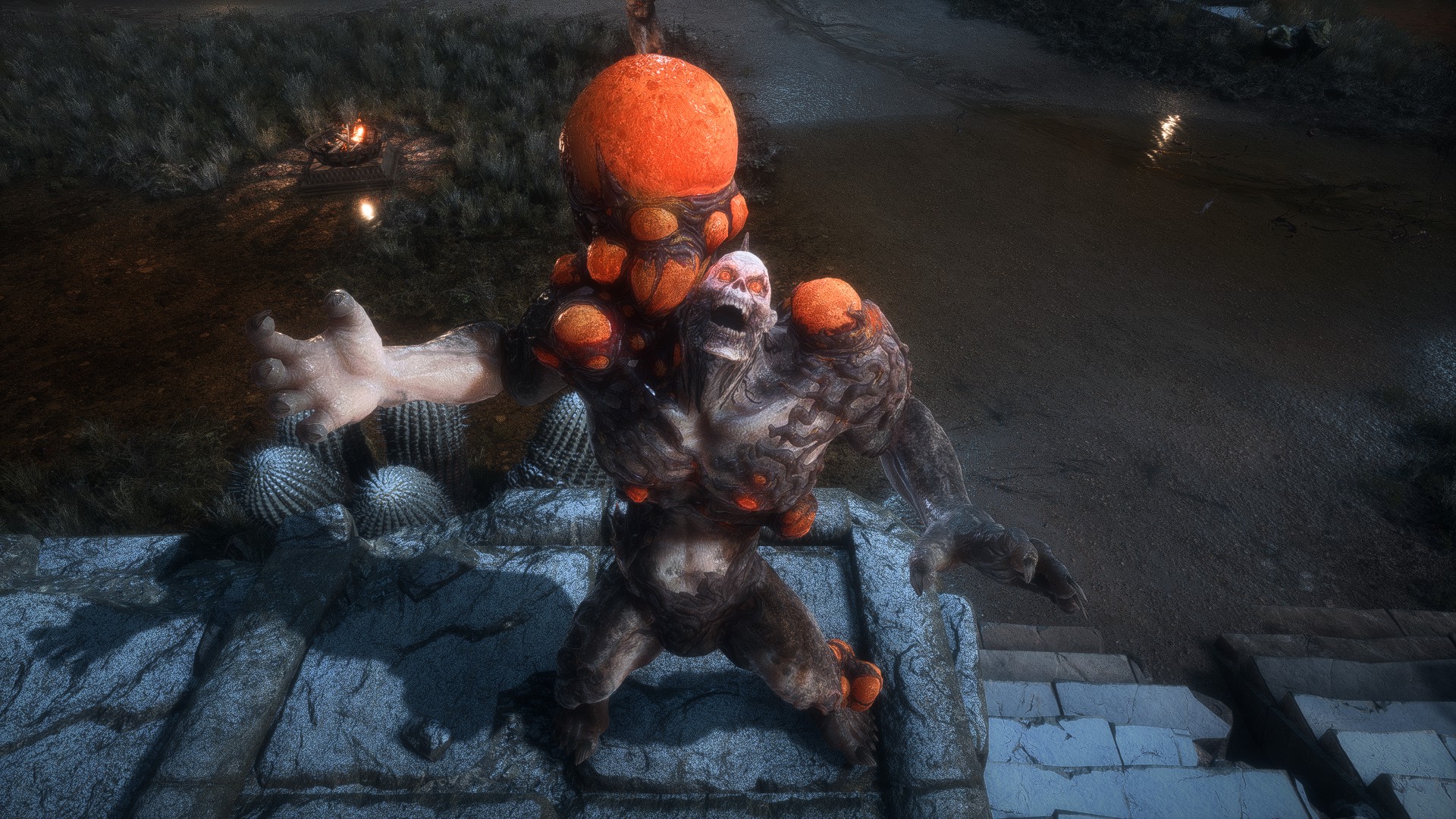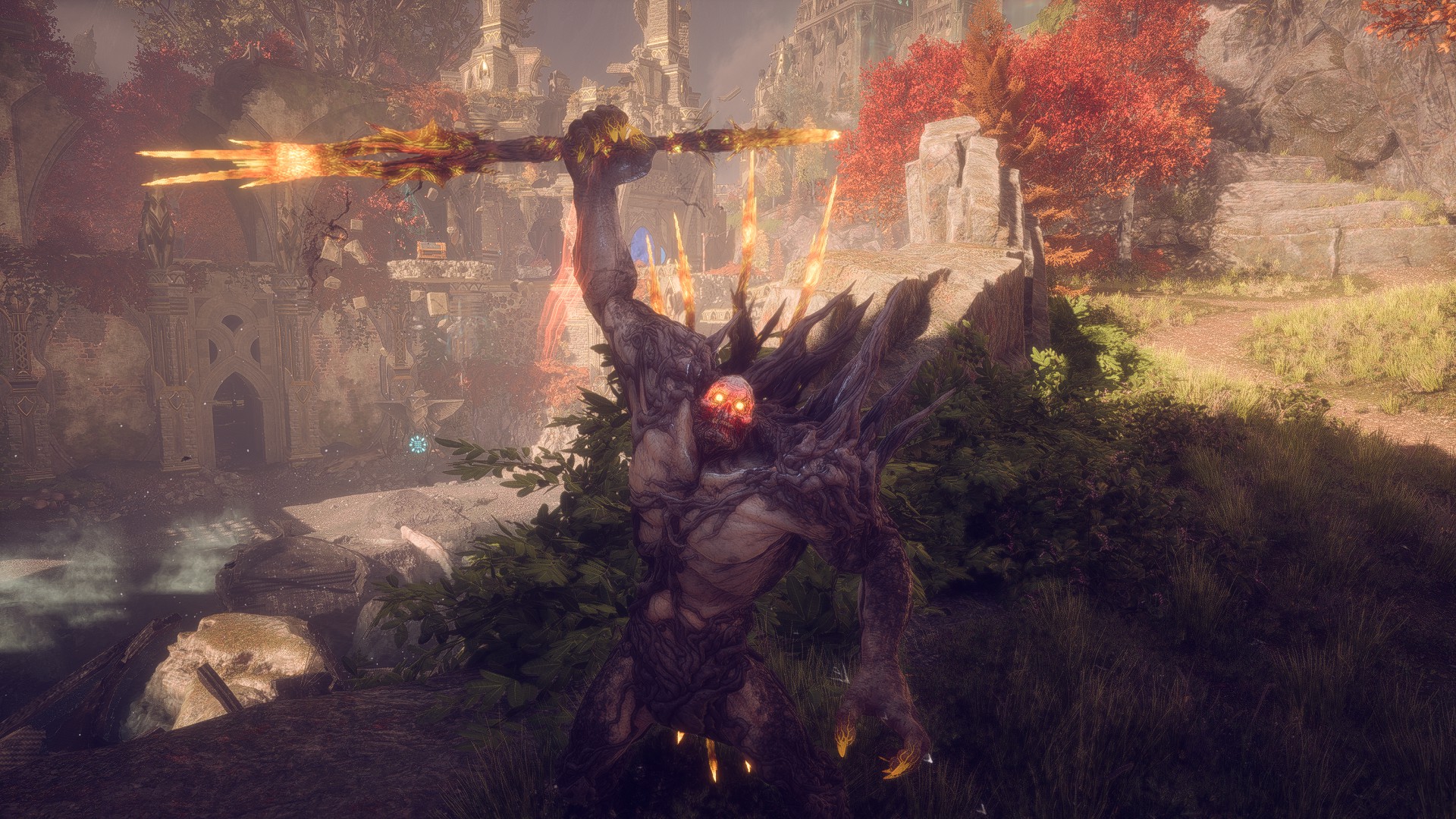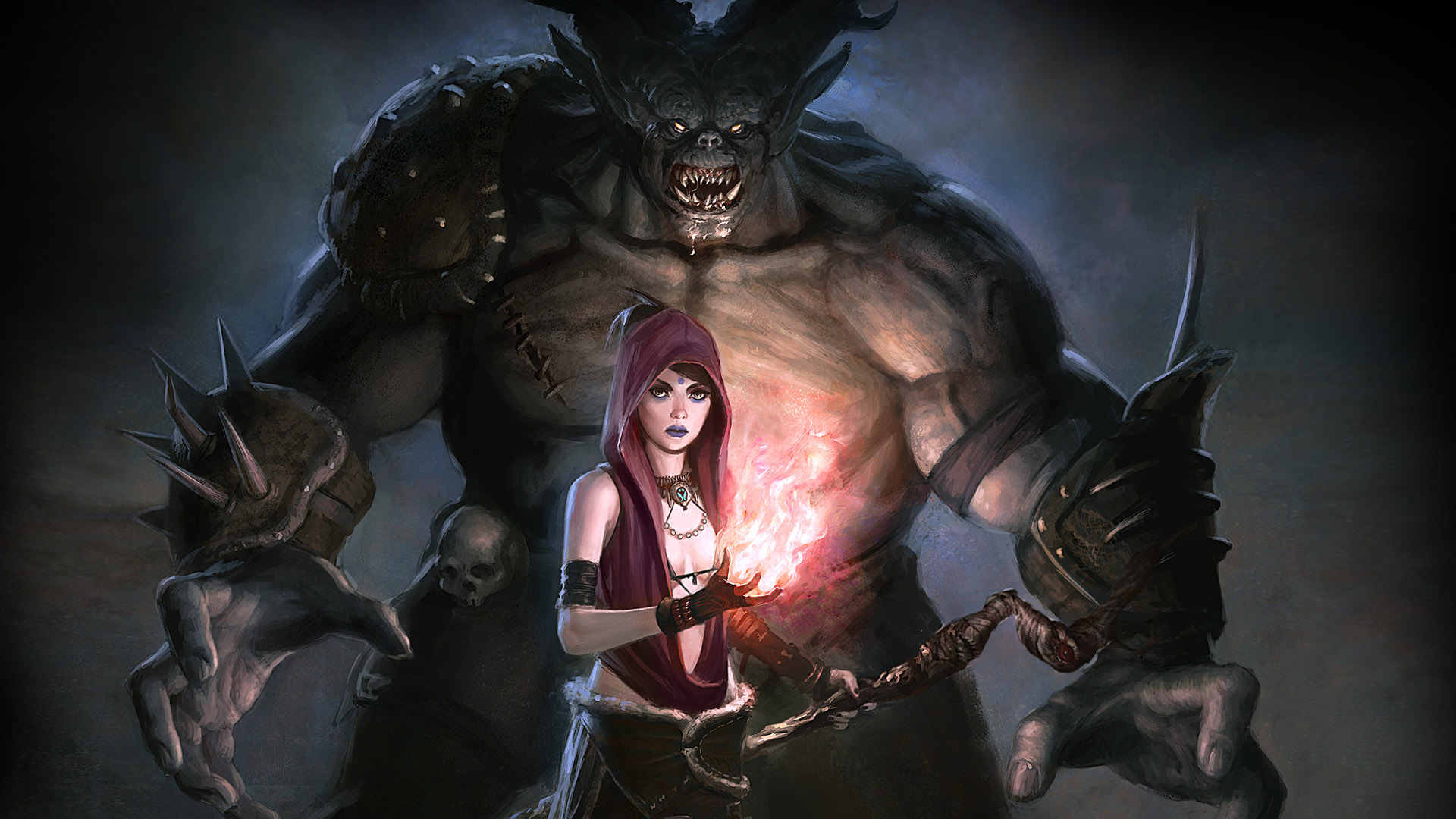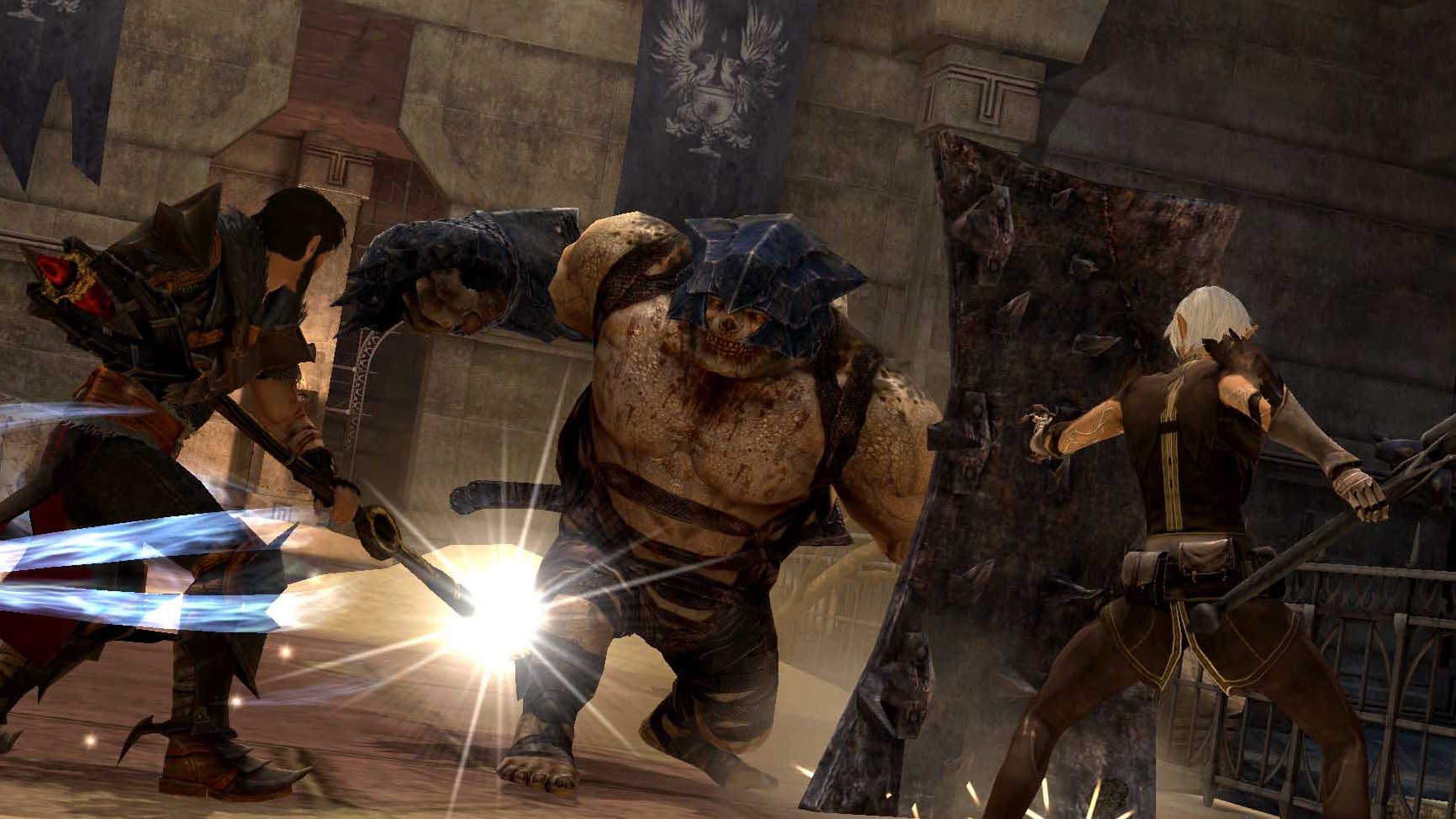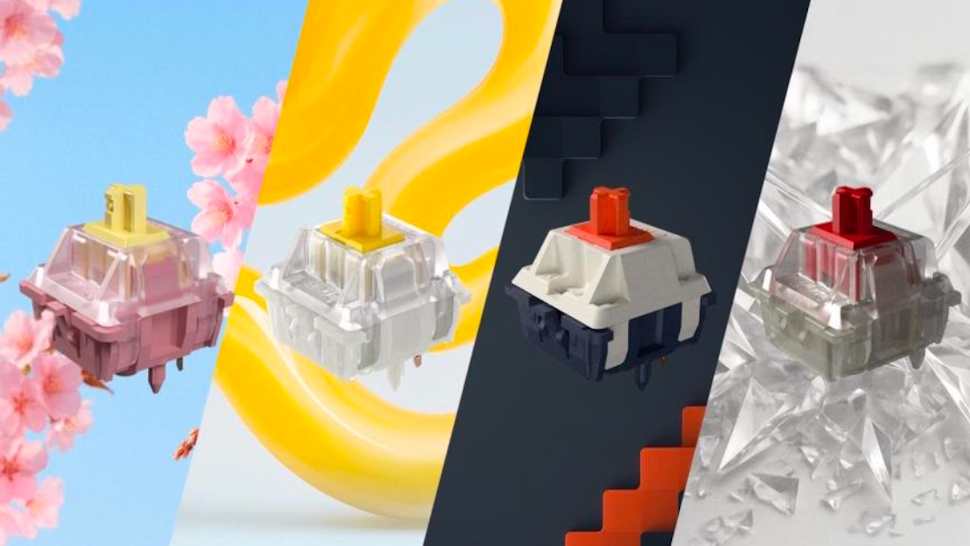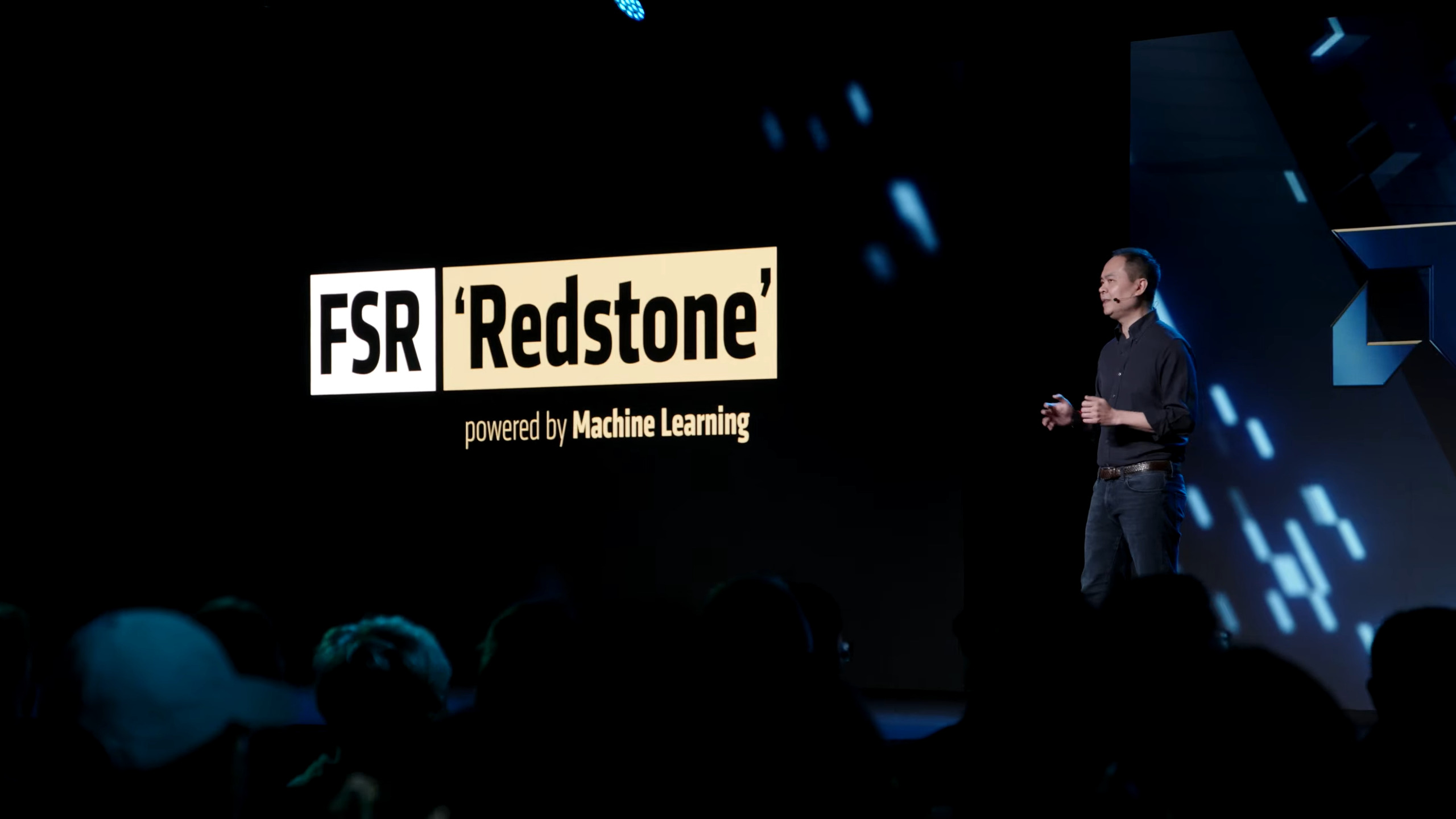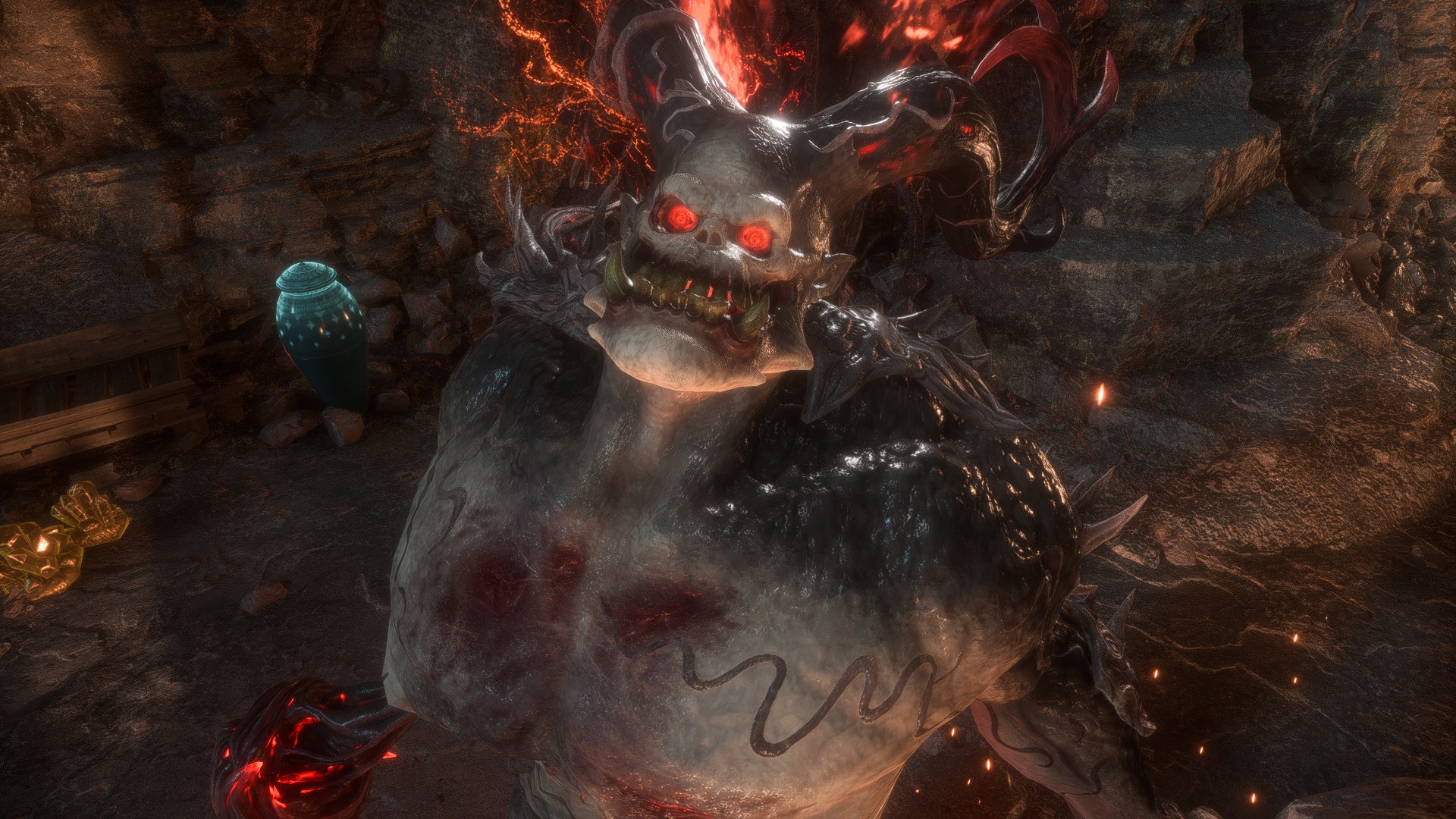
An ogre should not remind me of Stretch Armstong.
I’ve got more than my share of misgivings when it comes to Dragon Age: The Veilguard, but there’s one thing that’s been bugging me more than anything else as I get towards the end of Rook’s adventure: why do the darkspawn look so… funky?
From the first moment an ogre bursts in on you, during your early introduction to Bellara, it’s clear something’s wrong. With its cartoonish skull face and glowing eyes it’s unrecognisable as the monster that first terrorised players back in Origins. As it attacks, its rubbery body deforms and warps like a Stretch Armstrong doll. Even with the game’s versatile photo mode, it’s actively difficult to take a shot of it that doesn’t look like I’m deliberately catching it at a weird angle. This thing sucks.
As it turns out, darkspawn are pretty key to the storyline of The Veilguard. New villain Ghilan’nain controls the Blight, and draws an army of the creatures to her side. At least, that’s what I’m told—I certainly wouldn’t have recognised any of them on sight.
The various darkspawn enemies are labelled as being the same species seen in past games—hurlocks, genlocks, ghouls, etc—but share almost nothing in common with their predecessors, in looks or behaviour. The Veilguard’s darkspawn grow spears out of their backs to throw at me, or sprout giant, glowing pustules like the energy drink mutants from Sunset Overdrive. Ghouls have become hordes of generic grey zombies, somehow spawned directly out of those big red tumours you spend half the game popping. Hurlocks lumber towards me with armour and weapons seemingly born out of blight itself—why do they remind me so much of a World of Warcraft orc in raid gear?
The terrifying armies we saw in Origins feel a long way away. The darkspawn as we first knew them were emblematic of the game’s dark fantasy tone—they stood in for Tolkien’s orcs and trolls, but with a nasty edge and a grimy layer of body horror. They were recognisably twisted reflections of the forces of good—human-looking hurlocks, squat, dwarf-like genlocks, lithe shrieks with pointy, elven ears, all wielding crude, filthy weapons and armour in imitation of their victims. Discovering the reason behind those parallels in Origins was one of the game’s most disturbing and memorable moments.
The Veilguard’s darkspawn aren’t a reflection of anything. They’re just gooey monster men with skull faces. Their design implies nothing about their place in the world beyond simply being the bad guys, obviously monstrous and mindless creatures for me to slam spells into. The Blight is so important to The Veilguard’s story, and in one sidequest you can even discover its true origins at last, completely changing how you think about the darkspawn—but none of that thematic weight is conveyed in them visually. They look parachuted in from an MMO you’ve forgotten the name of.
I can acknowledge, at least, that this isn’t the first time this has happened. BioWare has a strange lack of confidence in its darkspawn designs—either that, or it’s deliberately making them worse each time as an act of self-sabotage. Dragon Age 2, released only about a year after Origins, inexplicably did its own complete redesign, turning genlocks into gorillas and hurlocks into gangly goths as part of its overall shake-up of the setting’s art style. You’ll get no historical revisionism from me—I didn’t like that change at the time, and looking back, it still sucks. Inquisition seemed so embarrassed that it mostly just swept darkspawn aside, despite its villain having a direct connection to them, and where they did appear they were sort of washed out, grimier versions of Dragon Age 2’s designs, striking an awkward balance between the two previous looks.
But even compared to those past crimes, The Veilguard’s take is easily the worst yet, both settling on incoherent designs and putting them front-and-centre in its story. If I never see another grinning mush man or giant, door-blocking tumour again it’ll be too soon. The game may have a lot of other flaws, many of which you could argue are rather more pressing. But this is the hill I’m choosing to die on: these darkspawn are ass and it’s not OK.

